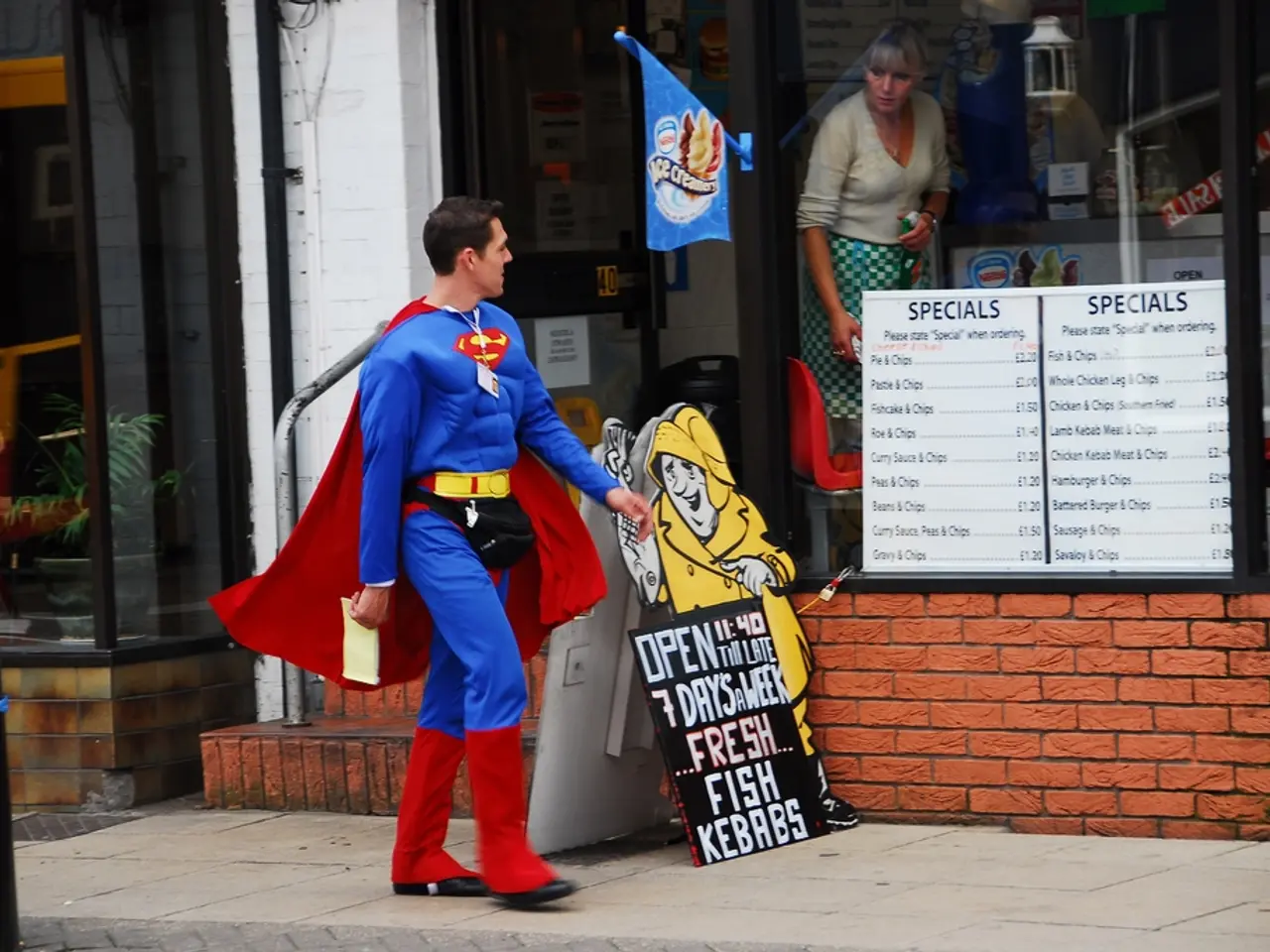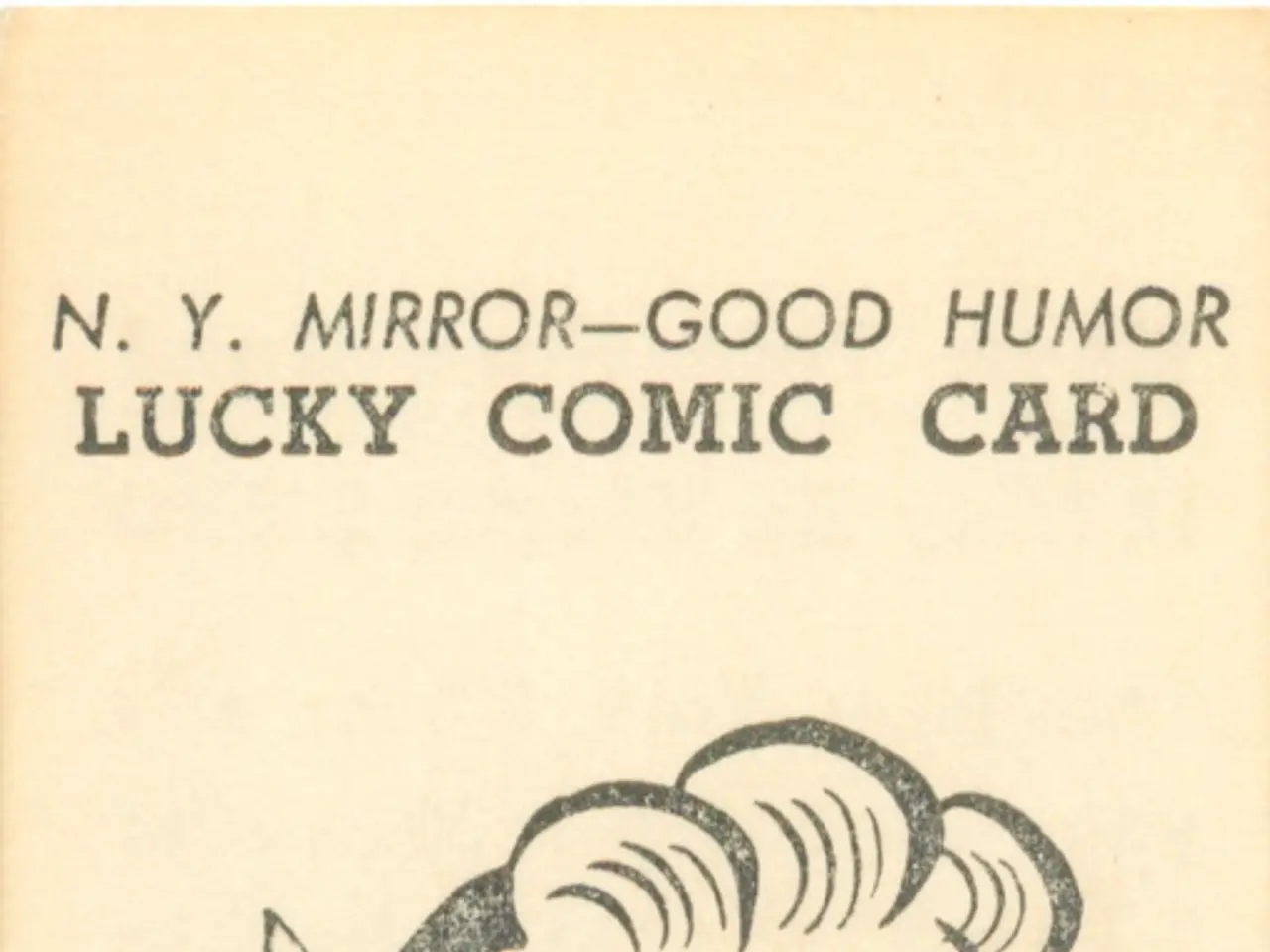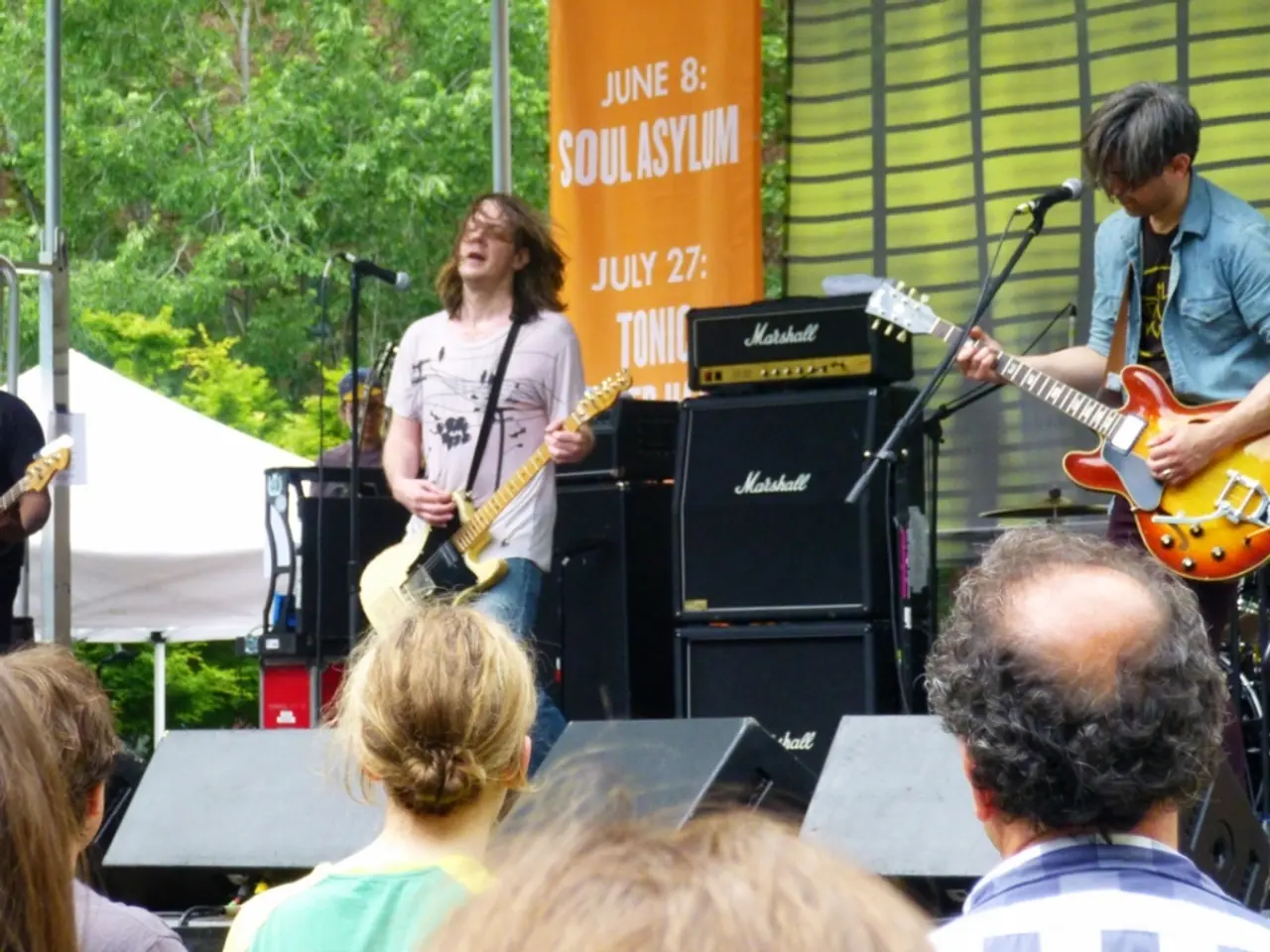Exploring the Socio-Political Observations and Cultural Significance of Rap Music in City Settings!
In the heart of New York City during the 1970s, a cultural phenomenon was born - Hip Hop. Originating in the Bronx, this genre has since evolved into a global force, influencing music, fashion, art, and politics on a worldwide scale.
From its inception, Hip Hop has been a platform for marginalised voices to be heard. Icons like Public Enemy, Tupac Shakur, and Kendrick Lamar fearlessly delved into political topics, amplifying unheard voices and challenging social norms. Artists use their platform to illuminate societal injustices, political malfeasance, and struggles of marginalised groups.
The raw emotion and unfiltered truth-telling in Hip Hop challenge authority and demand accountability from society's power holders. Through raw and unapologetic verses, Hip Hop artists ignite conversations and movements for change within urban landscapes. Trailblazing artists disrupt established norms in Hip Hop, sparking important conversations about diversity and inclusivity. LGBTQ+ voices within Hip Hop advocate for acceptance and visibility, challenging heteronormative narratives.
The genre confronts social and political issues such as racial injustice, police violence, poverty, and systemic inequities. Artists in the genre fearlessly address themes of police brutality, mass incarceration, poverty, and discrimination. The power of Hip Hop in galvanising political engagement and reshaping conversations around pressing social issues cannot be denied.
Hip Hop music serves as a potent instrument for igniting crucial dialogues and advocating for social change. Visionaries like Afrika Bambaataa incorporated diverse musical influences into their work, adding complexity to the sound. Sampling existing songs to create new tracks became a signature element of Hip Hop production.
DJs like Kool Herc and Grandmaster Flash played a pivotal role in mixing beats and breakbeats, setting the stage for the genre's evolution. Emceeing or rapping became a prominent feature of Hip Hop culture with artists like Grandmaster Caz and Melle Mel leading the way.
Hip Hop has had a significant impact on education and literacy. Academic programs, such as those studying Kendrick Lamar's work, reveal how Hip Hop lyrics' depth can foster literary analysis and cultural understanding, which strengthens students' interpretative and reading skills. Hip Hop connects with youth by reflecting their experiences and realities, making learning more relatable and culturally affirming.
The street culture of New York City, including graffiti art and breakdancing, influenced Hip Hop's aesthetic and evolution as a cultural phenomenon. Hip Hop music provides a platform for marginalised groups to express themselves and assert their power. Politicians have taken note of Hip Hop's ability to mobilise younger audiences.
As Hip Hop has risen to international fame, artists like Jay-Z, Killer Mike, and Cardi B have stepped into the realm of political activism. Through their music, Hip Hop artists inspire listeners to critically examine their surroundings and work towards creating a more just and equitable world. Hip Hop has become a sanctuary for the marginalised to voice their truths and demand change in an enigmatic manner.
In conclusion, Hip Hop music catalyses educational transformation by enriching literacy, fostering critical dialogue on social issues, and making education culturally relevant and empowering for diverse learners. The genre confronts social and political issues, ignites crucial dialogues, and advocates for social change. Hip Hop connects individuals from diverse backgrounds through common themes of struggle and resilience, challenging conventional norms, interrogate authority, and advocate for transformation through their music.
- Over time, Hip Hop music has expanded its influence beyond just music, tackling various social and political issues, such as racial injustice and systemic inequities, and challenging societal norms.
- Kendrick Lamar's work, for instance, reveals the depth of Hip Hop lyrics, facilitating literary analysis and cultural understanding, thereby enhancing students' reading and interpretative skills.
- Hip Hop artists, like Jay-Z and Cardi B, have stepped into the realms of political activism, using their platform to engage younger audiences in discussions about creating a more just and equitable world.







